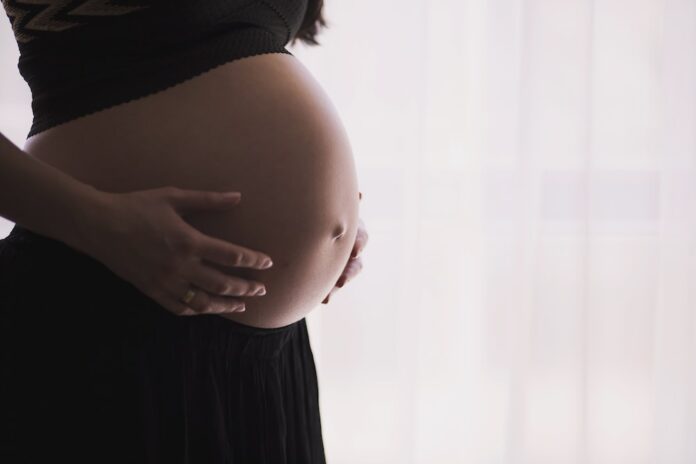By Mahmood Mwanduka, DevReporter, Kilifi County

- Eighty three per cent of pregnant women in Rabai Sub-county are reported to have blood deficiency.
- Women who do not visit clinics from the first month of pregnancy are in danger of getting complications or losing their unborn children.
Combatting the increasing rate of pregnancy anaemia among women especially in rural areas of Kenya, calls for concerted effort encompassing the government, medical practitioners, pregnant women and their spouses.
Cooperation between a pregnant woman and the husband or fiancé is necessary for ensuring that a woman’s journey of pregnancy to child delivery is a healthy one.
According to the recent Health Survey by the Department of Health in Rabai Sub-County, Kilifi County, about 83% of pregnant women have blood deficiency, which leads to anaemia.
Leading Factors
Speaking to local rural residents in Rabai Constituency, RBNews established that the majority of cases with blood deficiency are among women from the poor families.
“Hunger is what causes the blood deficiency because you cannot have adequate blood if there is nothing to eat,” Fatuma Pandao, an area resident said.
Few years ago, about 80% of men in the area were depending on coconut trees to tap wine for sale. However, due to the global warming and climate change, the plant is slowly perishing, which has led boys and men in the area not to have a guaranteed economic activity that generates income, leading to the increased rate of the poverty index in the area.
“Our men are just tappers. Due to the prolonged drought, coconut trees do not produce wine, a situation that leads to lack of food as a result of insufficient funds. Sometimes we even go for days without food,” said Doris Chenze, also an area resident.
What to Prioritise
Some women do not even know what should be prioritised during pregnancy.
“As a woman I do not know what kind of foods to consider that will guarantee adequate blood and proper health for a pregnant woman,” stated Nuru Kobe, who come from the area.
The department of health in Rabai Sub-County through its Health Officer Chimwaga Mwamuye admits that lack of proper diet is the main cause of blood deficiency in the area.
He warns that blood deficiency poses several dangers to the mother and even to the unborn child. He pleaded to women to visit hospitals immediately they realise they are pregnant.
Statistics
Research that was conducted by the World Health Organization (WHO) shows that about 29.9 to 41.8% of pregnant women are globally affected by anaemia contributing to 20% of all maternal deaths globally.
According to figures from Kenya’s Ministry of Health, the average rate of prevalence of anemia among pregnant women in the country is at 55.1%.
Additionally, according to a research by Pregnancy Care Integrating Translational Science Everywhere (PRECISE) in partnership with the Aga Khan University and the Kilifi County Department of Health, showed that more than 56% of expectant women in Kilifi County are anaemic.
Government Interventions
The Government of Kenya has invested in measures to ensure women have smooth pregnancy journeys through the introduction of the Linda Mama program which was officially introduced in 2018 with the aim of supporting pregnant women to access free treatment in public health facilities throughout their pregnancy period to delivery.
However, through community health workers in partnership with the department of health, the residents of Kilifi are urging the government to create awareness and conduct civic education on pregnancy anaemia.
Solutions
Rehema Nzemeri says that when pregnant, a woman should ensure that she eats plenty of fruits, vegetables, nuts, beans and meat, for example.
“The government should invest in employing more nutritional doctors as well as increasing the number of doctors in public hospitals and dispensaries, especially in the rural areas,” she added.
To have the health of a pregnant woman and the unborn child properly taken care of, doctors and health specialists advise each woman to visit a health facility as soon as a pregnancy is noted.
Medics advise that keeping an iron-rich diet, including vitamins C and B, will go a long way in correcting and preventing anaemia.
Kilifi County is one of the counties in Kenya that were heavily struck by drought and this has doubled the problem of pregnancy anaemia.
Other Related Stories
https://www.youtube.com/watch?v=58EmdpejnYA&pp=ygURcHJlZ25hbmN5IGFuYWVtaWE%3D







Tuned in. The stories from Counties were quite insightful. Especially loved the one from Kwale about smokeless Jikos – Problems identified and solution Devised. Great work!
Thank you for tuning in!